- Government of Montenegro
Ministry of Education, Science and Innovation Damjanović in Bucharest: Montenegro commended for ...
Please note: The page below represents the archived content relating to the previous Government of Montenegro. Some of the information might be inaccurate or outdated.
Archive
Damjanović in Bucharest: Montenegro commended for drafting the Smart Specialisation Strategy
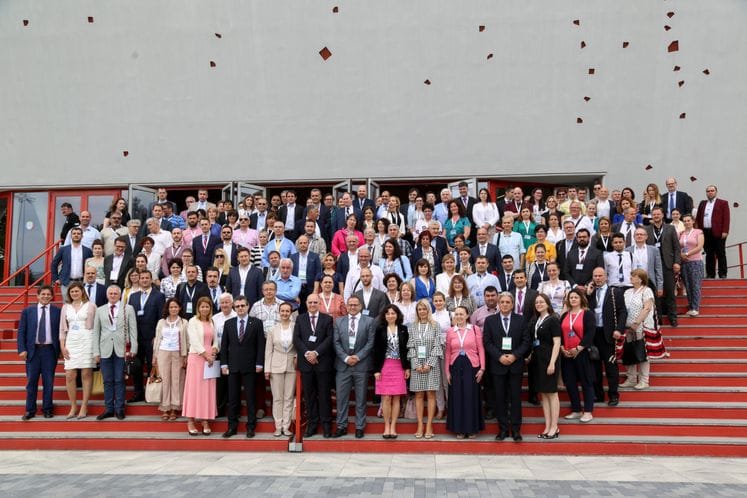
Published on: Jun 25, 2019 • 7:34 PM Author: Ministry of Science
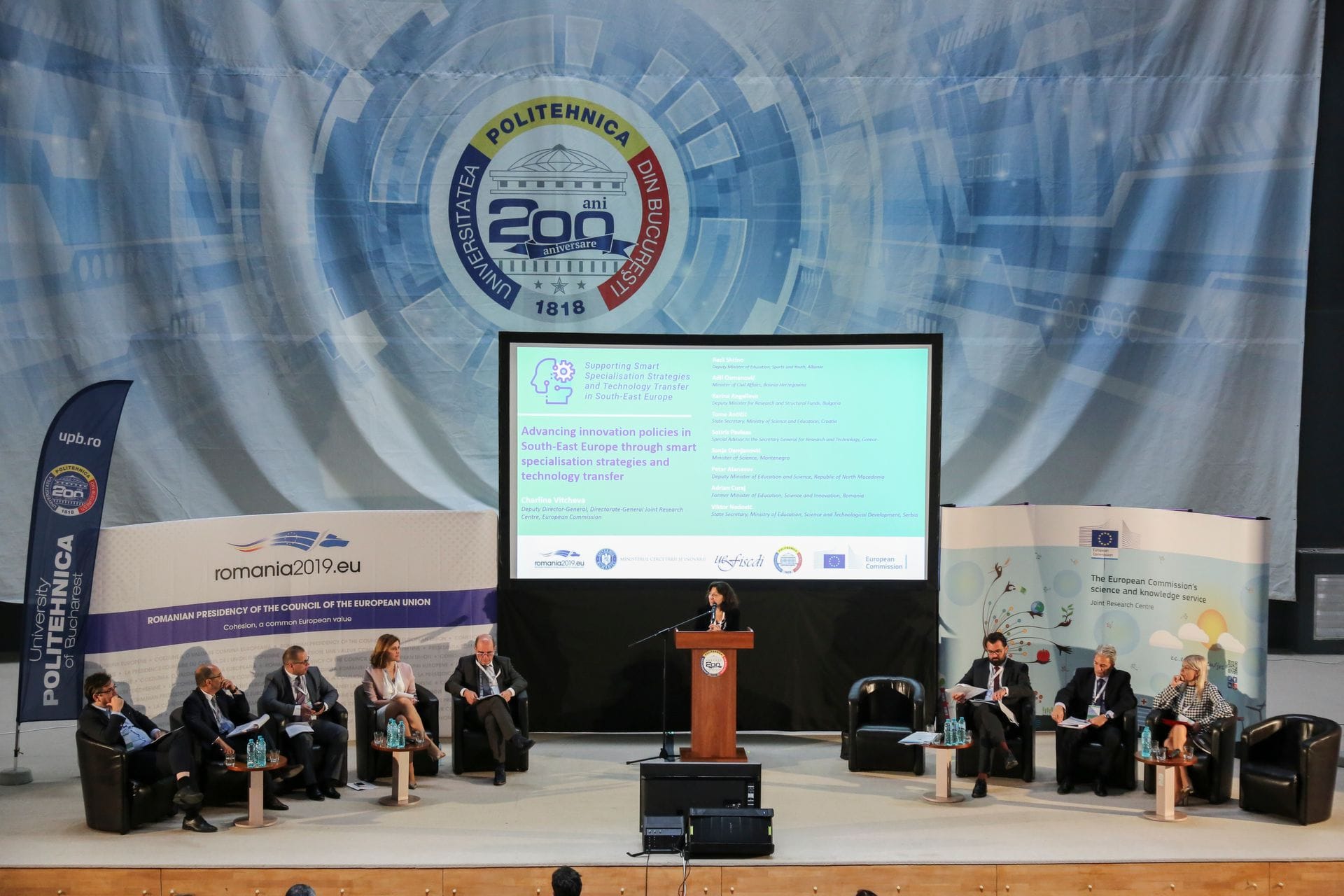
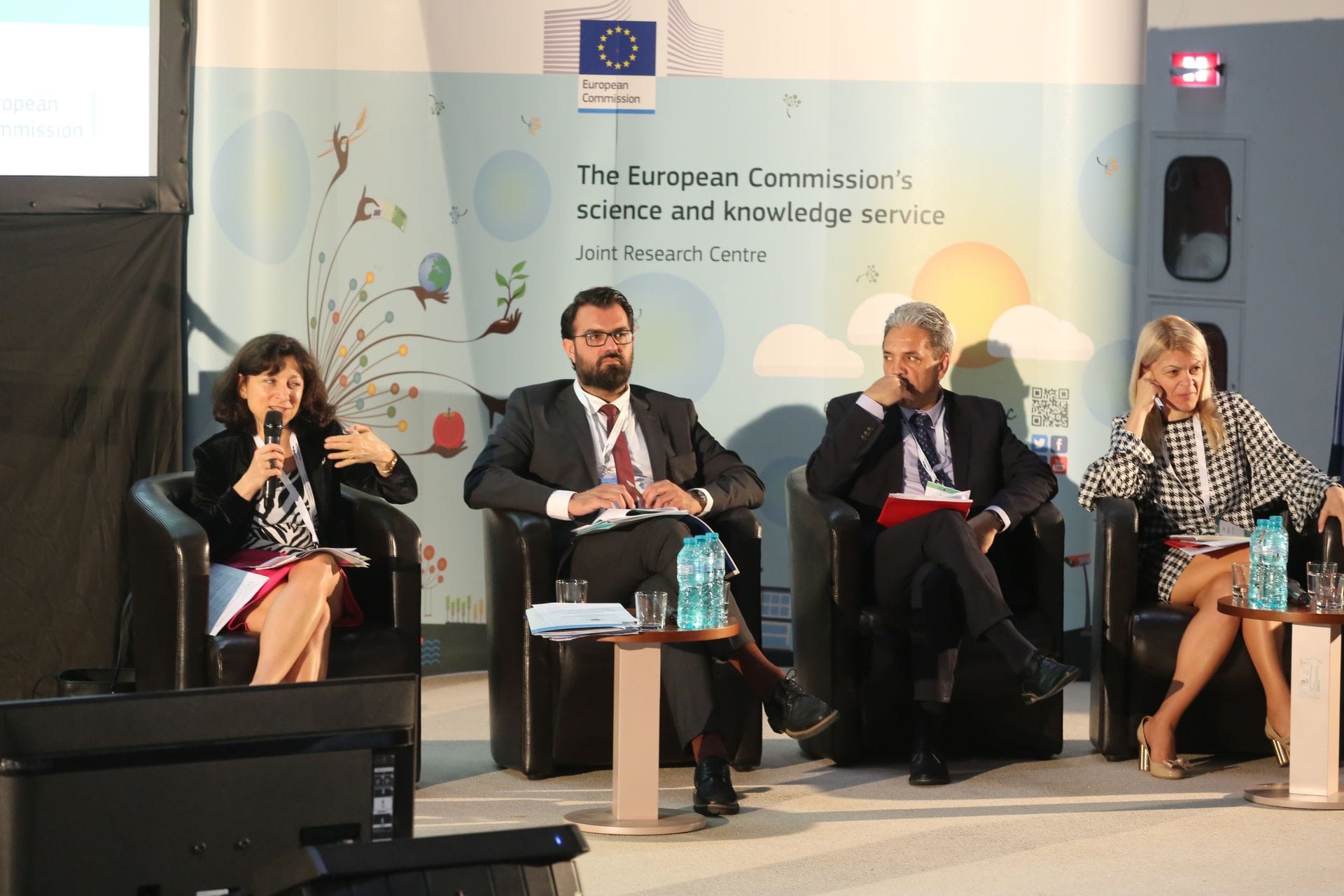
At the invitation of Charlina Vitcheva, Deputy Director General of the European Commission’s Joint Research Centre (JRC), Dr. Sanja Damjanović, the Minister of Science of Montenegro, is taking part in the conference “Supporting Smart Specialisation Strategies and Technology Transfer in South-East Europe”, which is taking place at the Politehnica University of Bucharest, Romania.
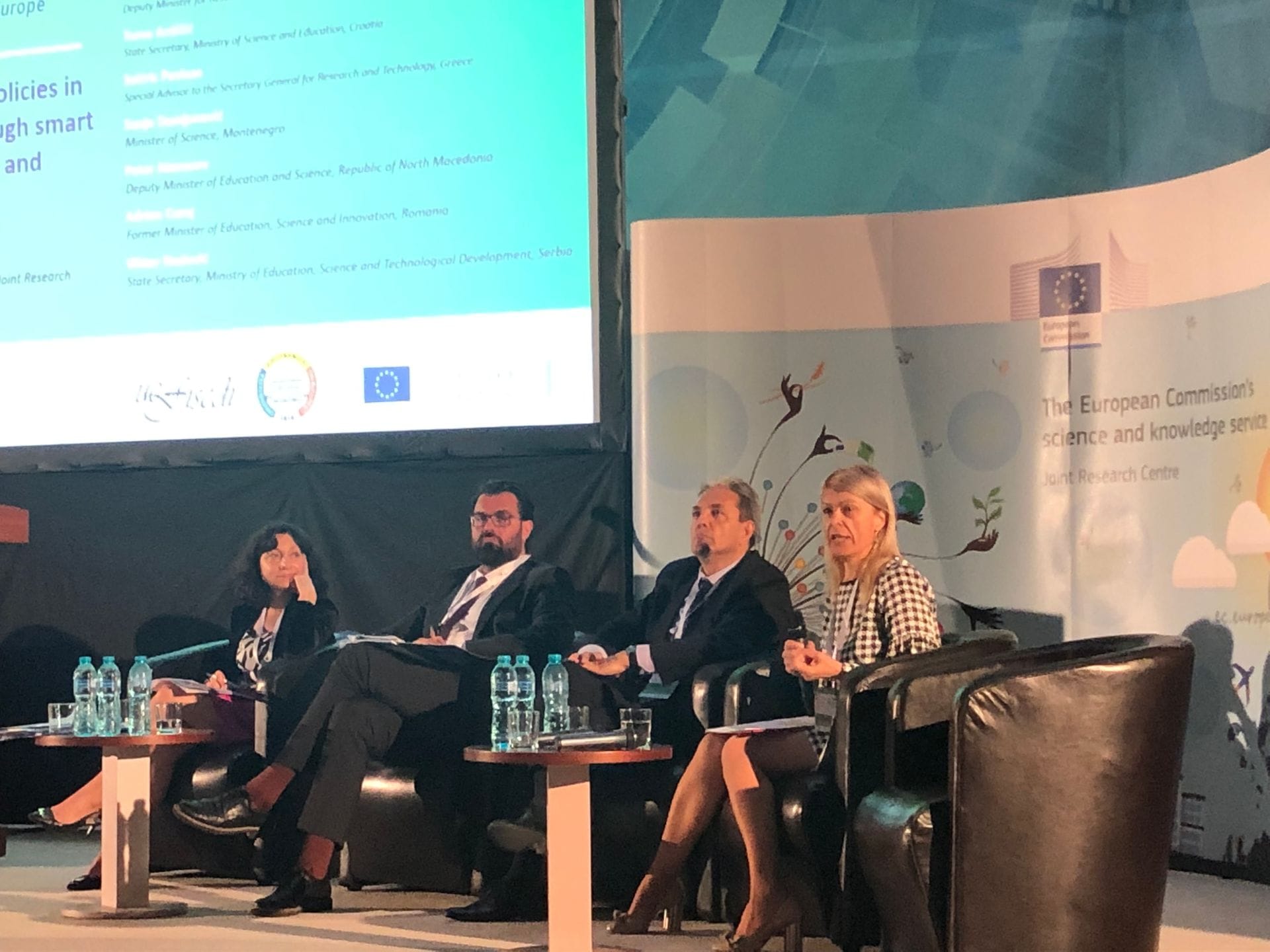
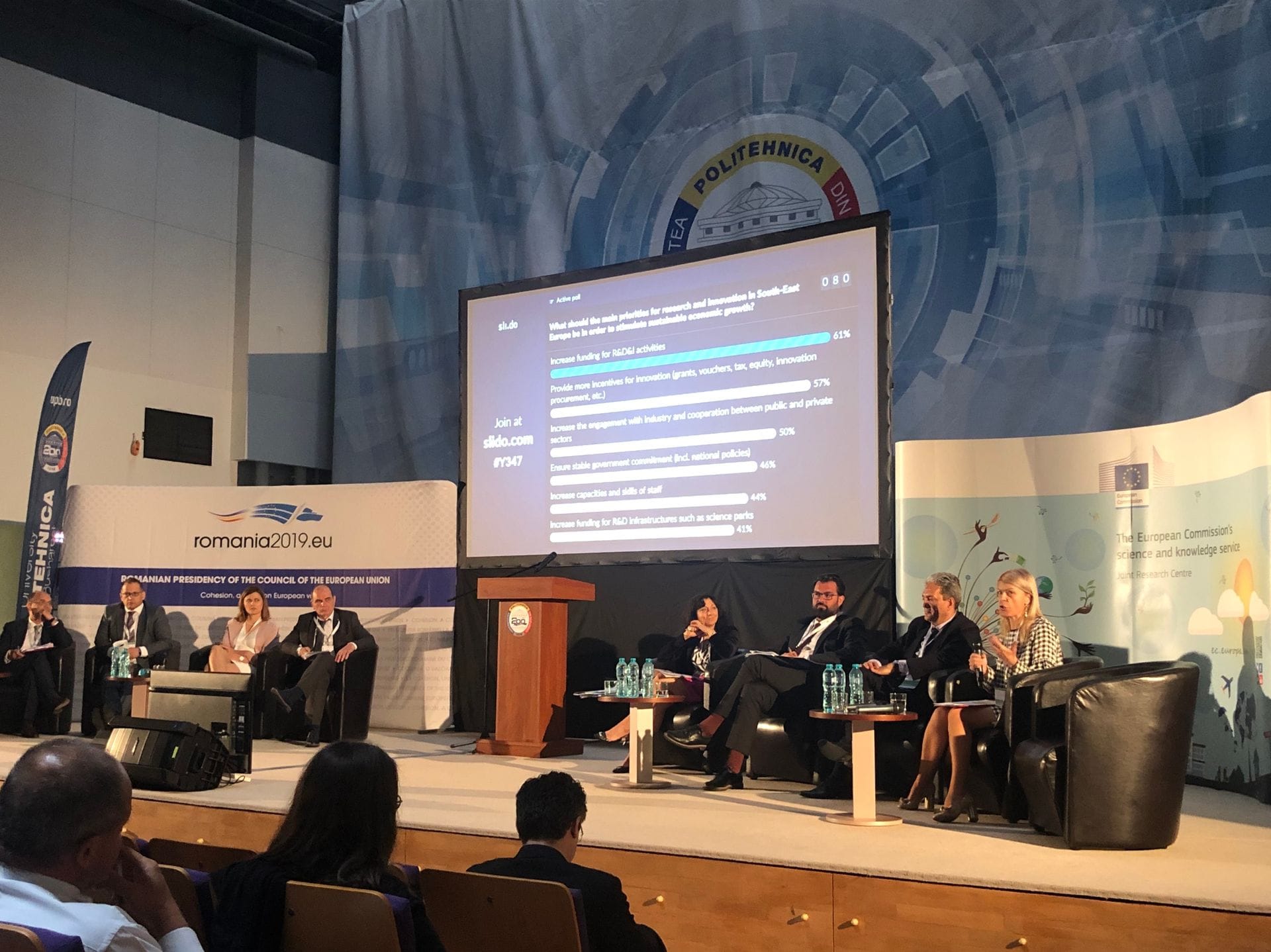
In her introductory address, Vitcheva commended Montenegro’s efforts to draft the Smart Specialisation Strategy (S3), which is now, after two years, in the final phase of the process. Montenegro has the opportunity to be the first non-EU28 country to have adopted this important document, on which the Government will declare on Thursday, 20 June. Vitcheva reminded those present that the focus of the last May’s conference on smart specialisation strategies in Sofia was on the Western Balkans and the preparation of those strategies in our region. The first international workshop in the Western Balkans dedicated to this process was organised by the Ministry of Science of Montenegro and the Joint Research Centre and took place in Podgorica on 5 February 2019.
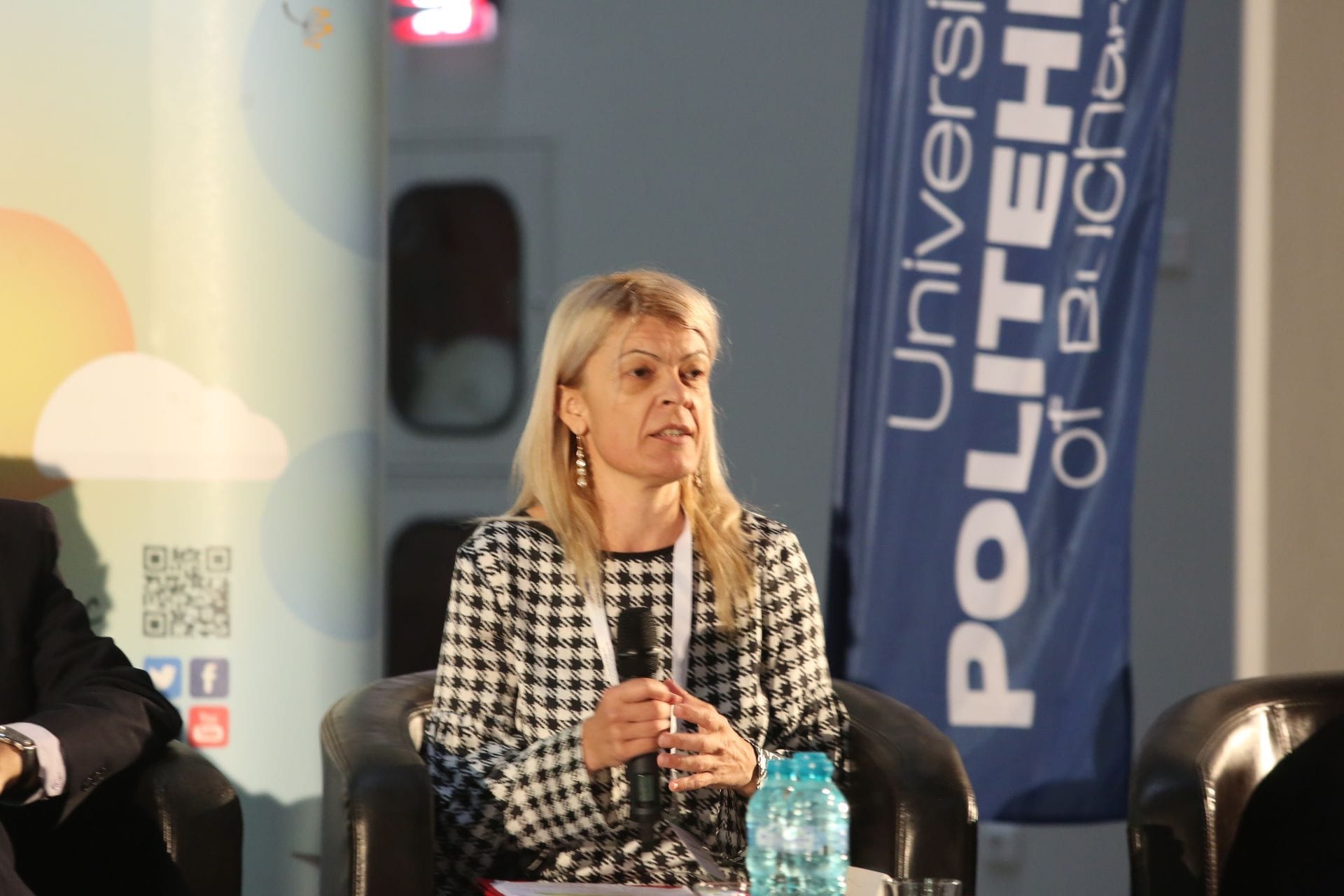 During the panel session “Advancing Innovation Policies in South-East Europe through Smart Specialisation Strategies and Technology Transfer”, Minister Damjanović stated that Montenegro was very proud, because on Thursday the Government would consider the Smart Specialisation Strategy, whose preparation in the past two years implied the involvement of more than 300 people from the public, business, academic and the civil sector.
During the panel session “Advancing Innovation Policies in South-East Europe through Smart Specialisation Strategies and Technology Transfer”, Minister Damjanović stated that Montenegro was very proud, because on Thursday the Government would consider the Smart Specialisation Strategy, whose preparation in the past two years implied the involvement of more than 300 people from the public, business, academic and the civil sector.In our country, according to her, there are more than 105 strategies, but the Smart Specialisation Strategy will integrate all those policy documents that are focused on developing economic, scientific and technological potential.
According to the minister, it was with a view to reducing the gap between this region and Western Europe that the project of the South East European International Institute for Sustainable Technologies was launched in parallel with the development of the Smart Specialisation Strategy and the activities aimed at the establishment of an innovation ecosystem encouraging the creation and development of start-ups. In addition, the first Science and Technology Park in Podgorica will be a leading institution dedicated to the promotion of technology transfer, as well as one of the main instruments for the implementation of the Smart Specialisation Strategy.
Damjanović added that it would be very important for Montenegro, from the perspective of successful implementation of the Smart Specialisation Strategy, to receive support of the European Commission in the process of joining EU thematic platforms, and in that context, having facilitated access to the right information.
Director General in the Ministry of Science, Dr. Darko Petrušić, was a panelist at the session “Engaging the actors of the innovation ecosystem in smart specialisation in the Western Balkans”, during which he presented the experience of Montenegro in the process of drafting the strategy, as well as the biggest challenges encountered in this process. According to him, the challenges and difficulties primarily related to proper understanding of the S3 concept, the active involvement of all relevant stakeholders in the drafting process, and the selection of S3 priorities.
Based on the strategic vision of development of the country, the Smart Specialisation Strategy of Montenegro defines four priority areas, including three vertical ones: sustainable agriculture and food value chain, energy and sustainable environment, and sustainable and health tourism, as well as a horizontal priority area: information and communication technologies, providing business and technological support to the vertical priority areas.
Related articles:
Request for prequalification Jan 17, 2025
Is this page useful?
